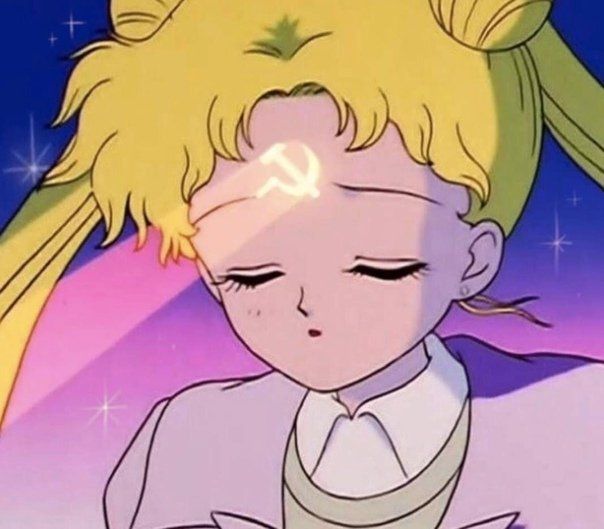By successful I mean in maintaining relative party unity, work with the masses, and thus the masses trust in the party, and political and economic stability.
With the exception of the latter years of the Cultural Revolution, the CPC has been remarkably stable, ideologically consistent, and have maintained power and dominance over the Chinese state and economy. All of this is even more impressive given the fall of communist states in Europe and the rise of western/American unipolarity.
While similar tendencies have been found in the CPSU, the rise of figures like Khrushchev, Brezhnev, and especially Gorbachev, and of course their supporters within the party, makes the CPSU appear less stable and ideologically consistent compared to the CPC. Added onto this the fact that the CPC has a much larger and diverse membership, including the national bourgeoisie.
Rather than viewing this question through great man theory, I want to know how the structural formation and process of the CPC itself maintains stability, and how it’s party structure is different from the CPSU. While both parties are founded on democratic centralism, how does this manifest differently between the two? In an interview with Marxist Paul, Hakim said the ban on factions within the CPSU, while imperative during the civil war and early years of the revolution, ultimately hurt the party. He then praised the informal factionalism of the CPC: Dengists, Maoists, liberals, etc. From the outset it would appear that such a situation of factionalism should rip the party apart, but it doesn’t. Why,?
Looking at the relatively young history of communist movements and parties show that many, for material reasons, were/are unable to be stable and ideologically consistent. Again, outside factors and capitalist sabotage are of course a major contributing factor, but could there be structural elements within various parties which explain, to a certain extent, their successes or failures?
Seeing the immense progress the CPC has brought their own people and, increasingly, the people of the rest of the colonized world, means we must understand how they operate. Every party and movement will be different and adjusted to their particular circumstances and material conditions, and thus copy and pasting the CPC anywhere else will not yield positive results. However, could/should the structural basis of the CPC be applied and modified to other countries and contexts?


This is the second time I’m seeing the Cultural Revolution put in a good light in this post, get off your high horses you naive idealists!
The Cultural Revolution was hijacked by ultras, Lin Biao tried to assassinate Mao.
This is the Constitution of the CPC in 1969: https://fuwu.12371.cn/2014/12/24/ARTI1419387596442272.shtml, it includes this paragraph in the preamble:
Utterly disgusting.
Ultra-lefts love appointing kings for some reason, and think socialism is when one guy controls everything, and hand picks a sucessor. Look at the history of int’l trotskyist movement squabbles, or their historical attachment to the myth that “Lenin appointed trotsky king of the USSR”.
I’m sorry, but I believe I am in agreement with you. I am disgusted by the hijacking of the Cultural Revolution and the attempted assassination of Mao by his own close comrade. I am also open to different perspectives and want to improve my own to help humanity reach its best possible future. I intend to be a dialectical materialist and not an idealist. If my message came across as otherwise, I apologize. I am also still learning, and I only mean well. I appreciate your response as it helps me improve my understanding of China’s history. I am an American, so please forgive me if I make a bad take and/or miss important context regarding different countries’ histories. My goal is to avoid misinforming people.
Sorry I got heated up after reading the article you linked, the strong words are directed at that. I personally wish the Cultural Revolution had succeeded but alas here we are.
There will always be the risk of reactionaries sneaking into the party and climbing up to the higher ranks, or former comrades turning corrupt and endangering the the socialist cause. But that doesn’t mean we should destabilize the country just to deal with them, that only helps the reactionaries further their cause.
What everyone should learn from the Cultural Revolution is how NOT to handle internal contradictions.